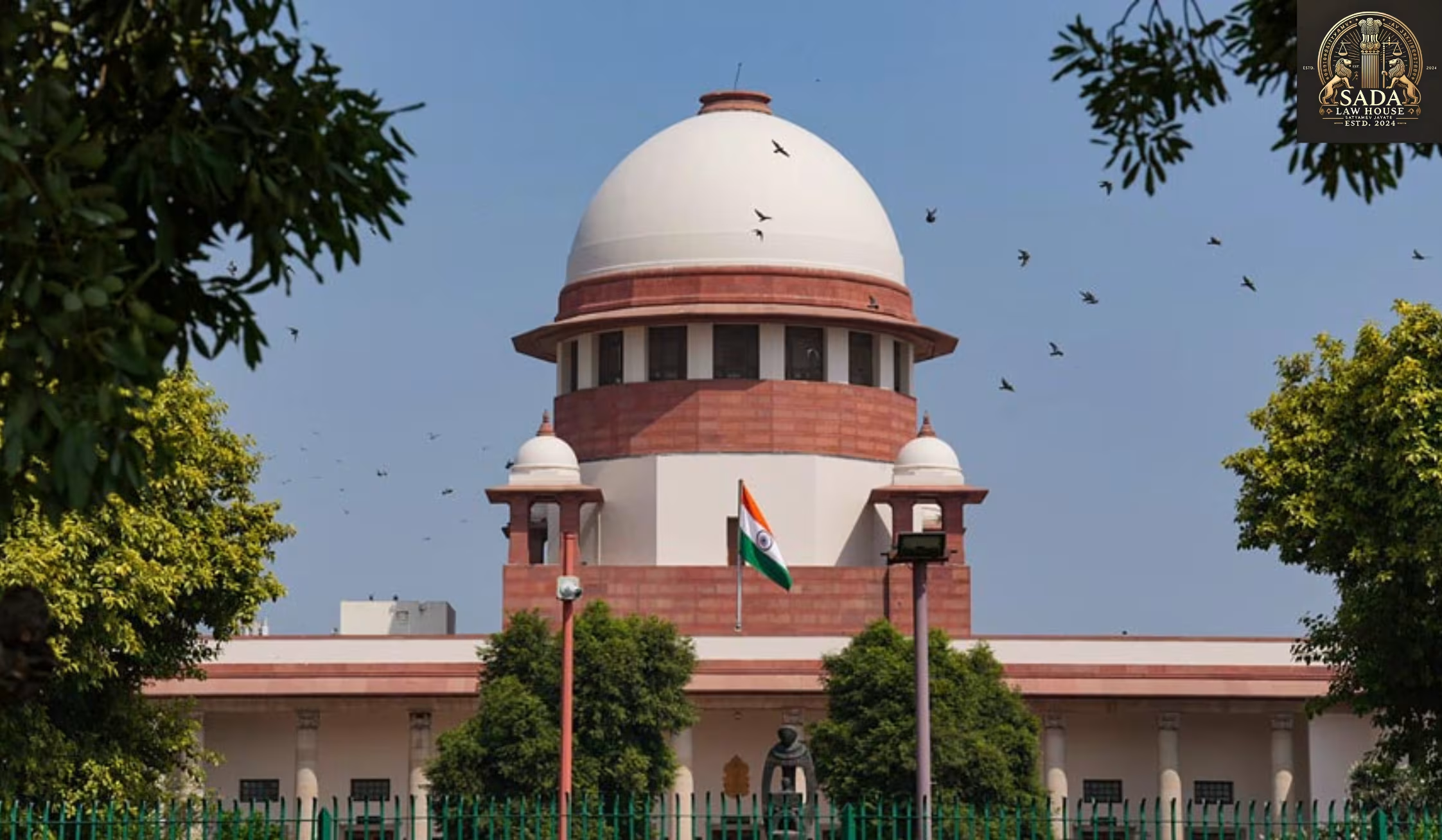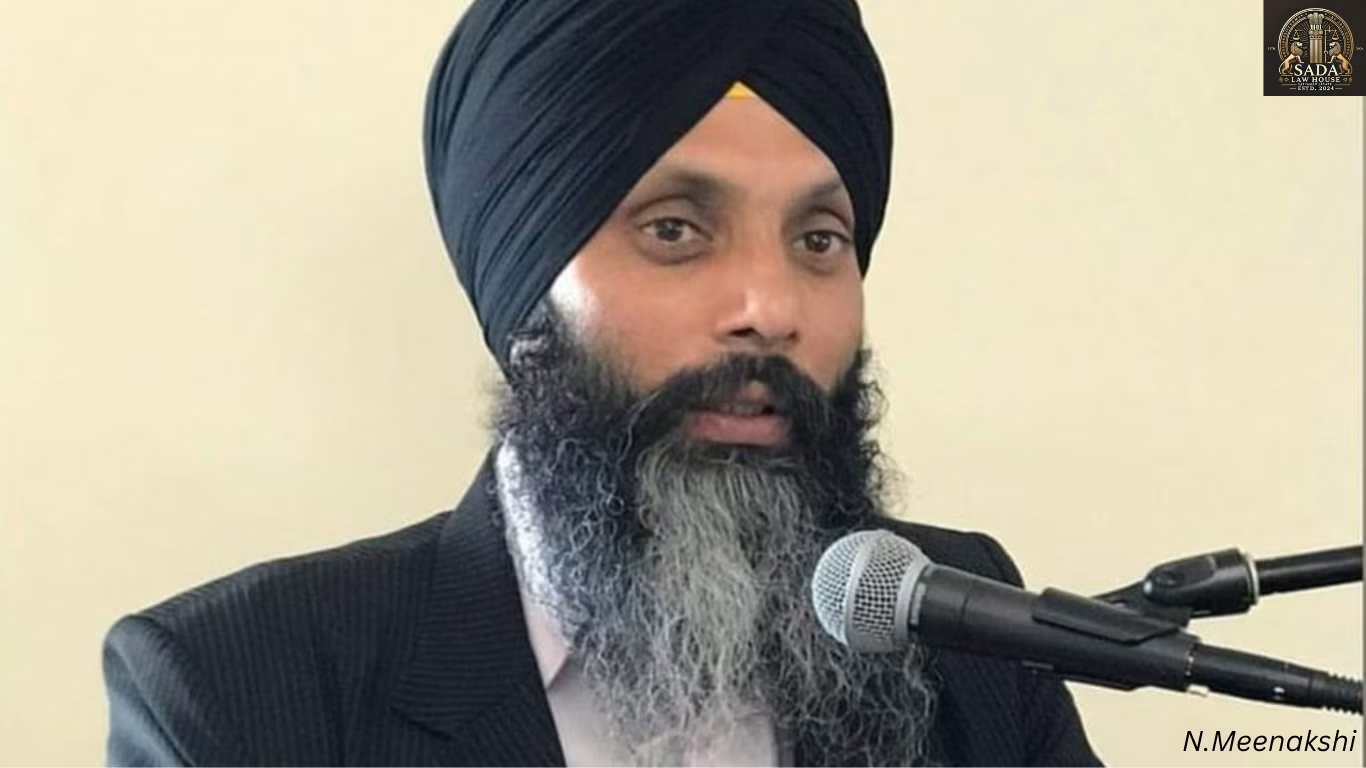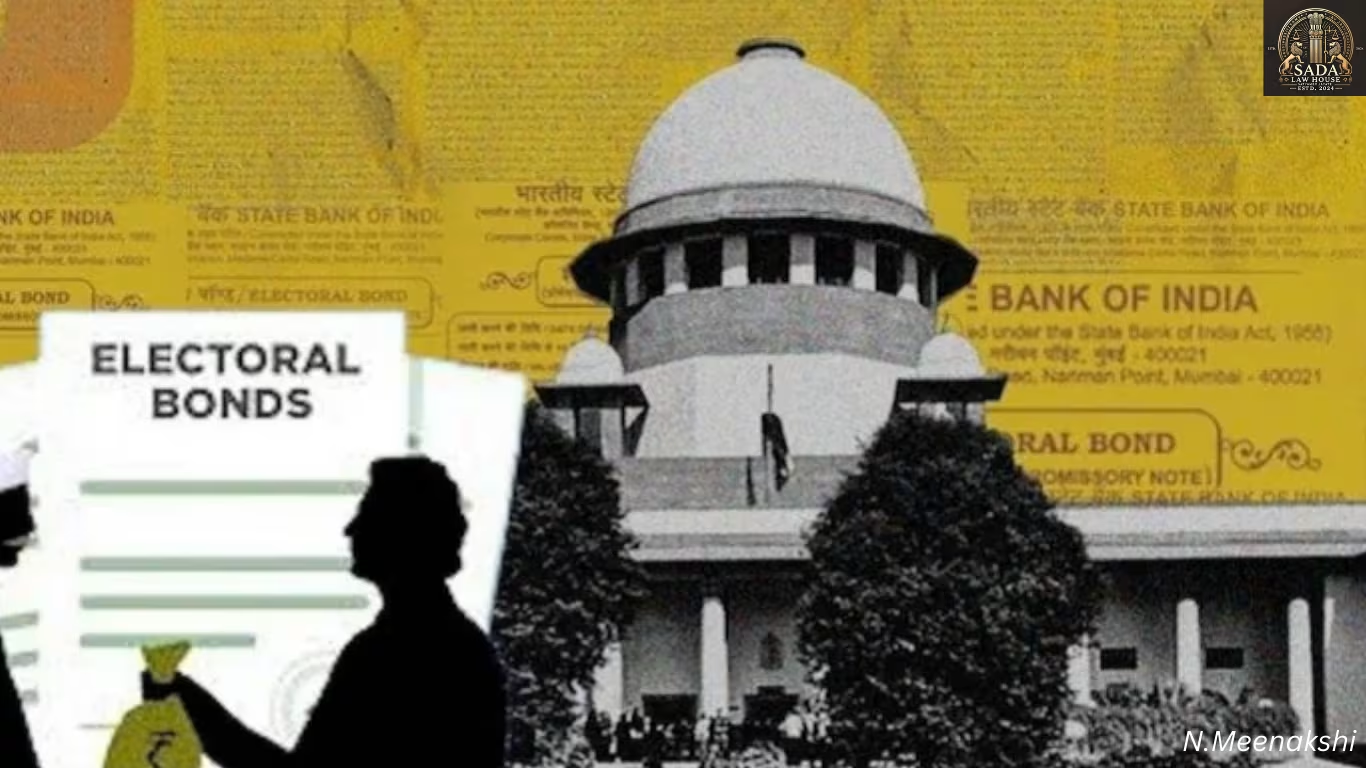Supreme Court Clarifies Azure–PPL Copyright Stay: No Impact on Third Parties
- PRABHAT KUMAR BITLORIA
- 25 June 2025

The Supreme Court of India clarifies that its stay order in the copyright dispute between Azure Hospitality and Phonographic Performance Limited (PPL) does not apply to third parties, reinforcing that licensing obligations remain unchanged beyond the case.
Supreme Court Clarifies Copyright Stay in Azure–PPL Dispute: No Relief for Third Parties
On June 19, 2025, the Supreme Court of India clarified that its April 21 stay order in the ongoing copyright dispute between Azure Hospitality and Phonographic Performance Limited (PPL) applies strictly to the commercial suit pending before the Delhi High Court and has no bearing on unrelated third parties.
Clarification Issued in Response to PPL’s Interlocutory Application
The clarification came in response to an interlocutory application filed by PPL. A bench comprising Justices Ujjal Bhuyan and Manmohan stated that the stay order is only binding between the parties involved in CS(COMM) 714 of 2022, which is under consideration by a single judge at the Delhi High Court.
Background: Copyright Dispute Between Azure and PPL
In 2022, PPL accused Azure, which operates popular restaurants like Mamagoto, Dhaba, and Sly Granny, of playing copyrighted songs from its catalog without proper licensing. PPL claimed these performances infringed its rights as the assignee of public performance licenses from various music labels.
Azure countered that PPL lacked the legal authority to issue licenses or pursue litigation as it is not a registered copyright society under Section 33 of the Copyright Act, 1957.
High Court’s Split Verdicts on PPL’s Licensing Authority
On March 3, 2025, a single judge ruled in favor of PPL, affirming its rights to license music as an assignee. However, Azure appealed to a Division Bench, which reversed this ruling on April 15. The Bench held that PPL, without being a registered copyright society, cannot issue licenses on behalf of others—even if it owns rights through assignments.
While asserting that creators may license their own work, the court emphasized that collective licensing is reserved for officially registered societies. Despite this ruling, the court ordered Azure to pay an amount equal to what Recorded Music Performance Ltd charges for similar public performances if they continued to use PPL-claimed tracks.
Supreme Court Stay and Request for Clarification
PPL challenged the Division Bench’s order before the Supreme Court. On April 21, 2025, the apex court stayed the direction requiring Azure to make payments to PPL. However, Azure celebrated the decision, interpreting it as temporary relief from payment obligations.
The Supreme Court later clarified that the March 3 decision from the single judge remains valid. It also made it clear that the stay order should not be construed as a blanket exemption by unrelated businesses.
Clarification Aimed at Preventing Misuse by Third Parties
Due to misinterpretations of the stay order, several third-party entities reportedly refused to pay licensing fees to PPL. PPL petitioned the Supreme Court for clarification, citing disruption to its operations. The court responded by stating that the April 21 stay order applies exclusively to the parties in the ongoing case and does not alter the general legal obligation to obtain licenses.
Live Cases






